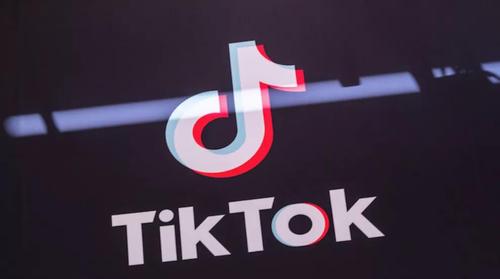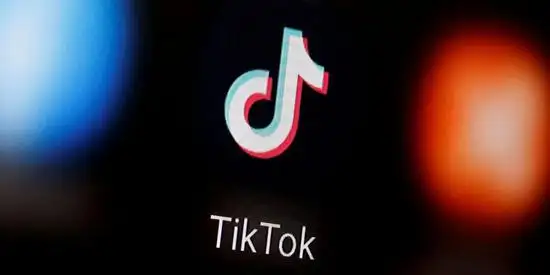
LONDON, UK — A group focused on saving local dialects has seen major growth by using Twitter. The Dialect Protection Organization (DPO) started in 2020. It aims to keep rare dialects alive. Many thought social media would erase regional speech. The group turned this idea around. They used Twitter to spread awareness and connect speakers globally.
(A Dialect Protection Organization Grew Stronger Through Twitter)
The DPO first created hashtags like #SpeakYourRoots. These tags went viral. Users shared voice notes, stories, and old sayings in their dialects. The group also posted daily words or phrases. They explained meanings and origins. Followers grew fast. The account now has over 500,000 users. Volunteers help run the page. They answer questions and host live chats with language experts.
Local communities noticed the trend. Schools in rural areas asked the DPO for teaching materials. The group released free guides and videos. They teamed up with universities to document fading dialects. A recent project saved 12 at-risk speech forms in Europe and Asia. Twitter played a key role. It let elders teach younger generations online.
Critics argued dialects hinder national unity. The DPO disagreed. They posted data showing bilingualism boosts cognitive skills. Supporters shared these studies widely. Politicians in some regions praised the efforts. They promised funds for dialect protection laws.
Challenges remain. Many dialects lack written rules. The DPO works with linguists to create spelling systems. They use Twitter polls to let speakers choose common spellings. This approach keeps decisions democratic.
The group plans to expand. They will launch a podcast next month. Episodes feature stories told in different dialects. Subtitle translations will help wider audiences. A DPO spokesperson said, “Dialects shape who we are. Losing them means losing part of our history. Social media gives us a fighting chance.”
(A Dialect Protection Organization Grew Stronger Through Twitter)
For more details, visit www.dialectprotect.org. Contact press@dialectprotect.org for interviews.



